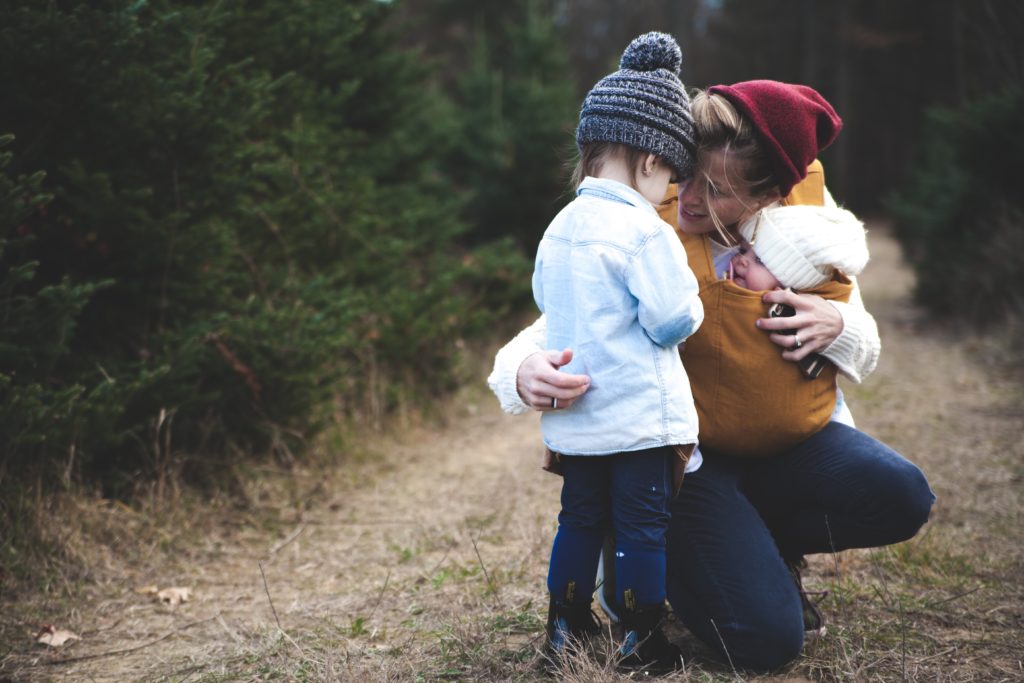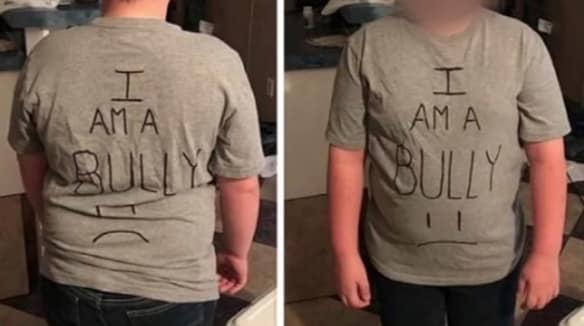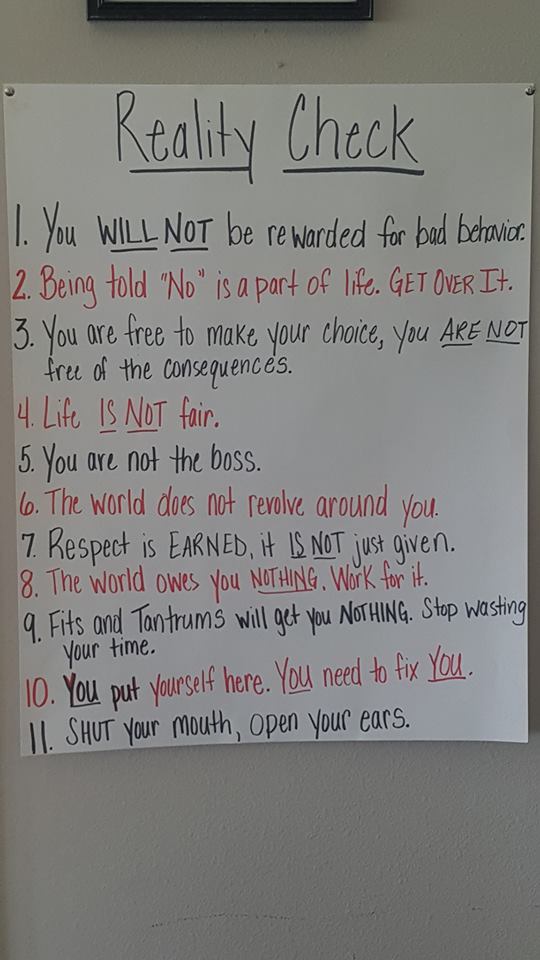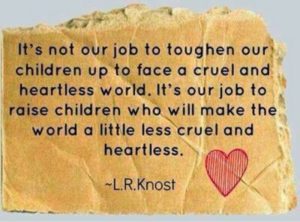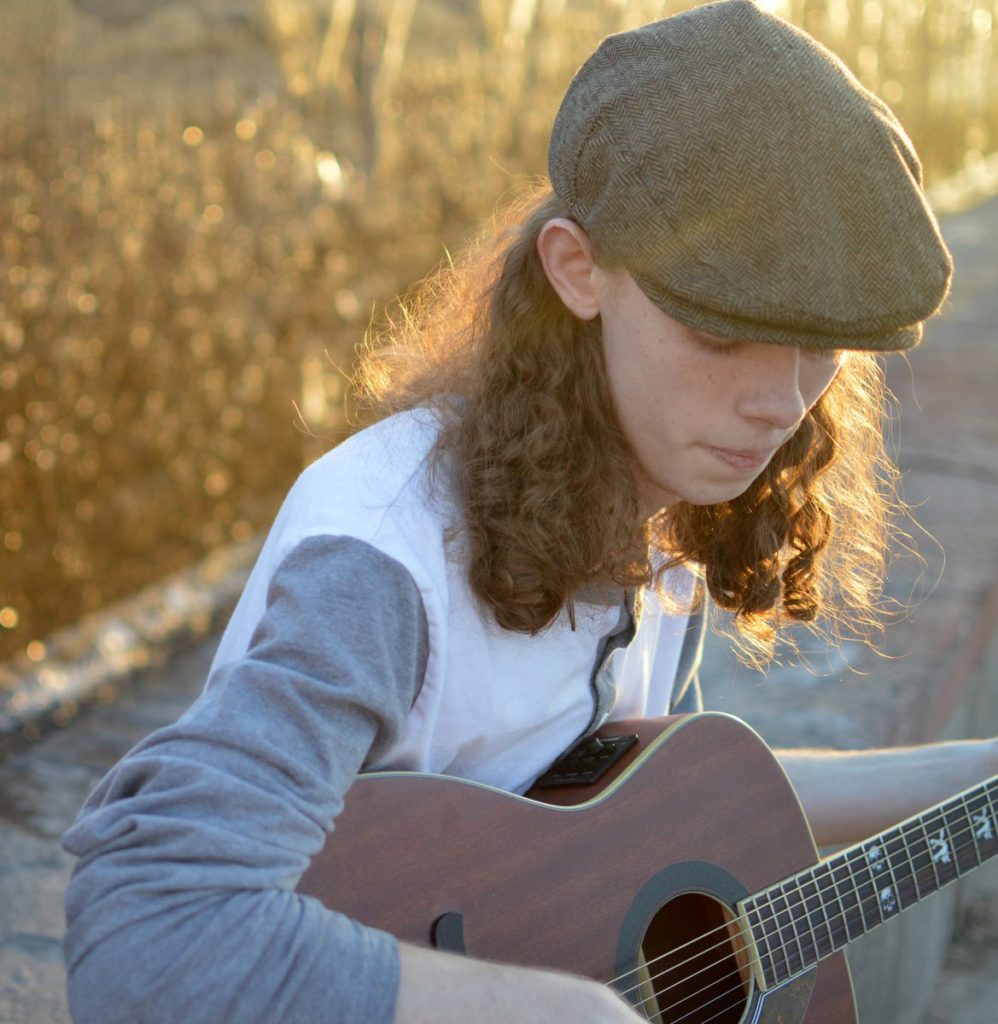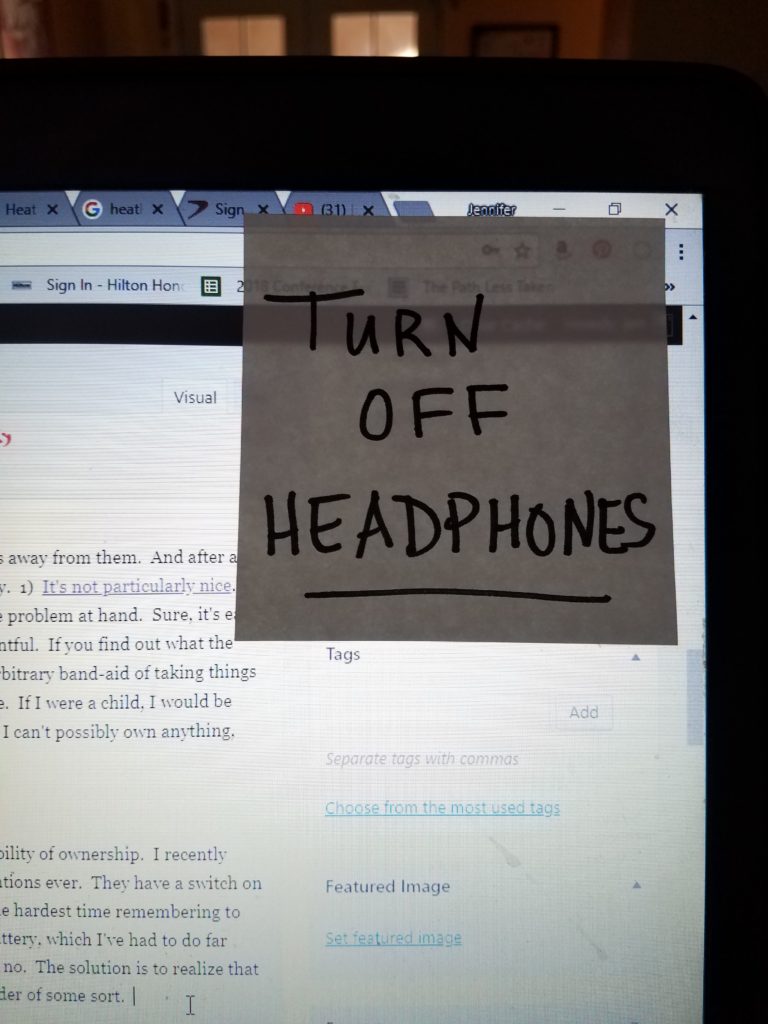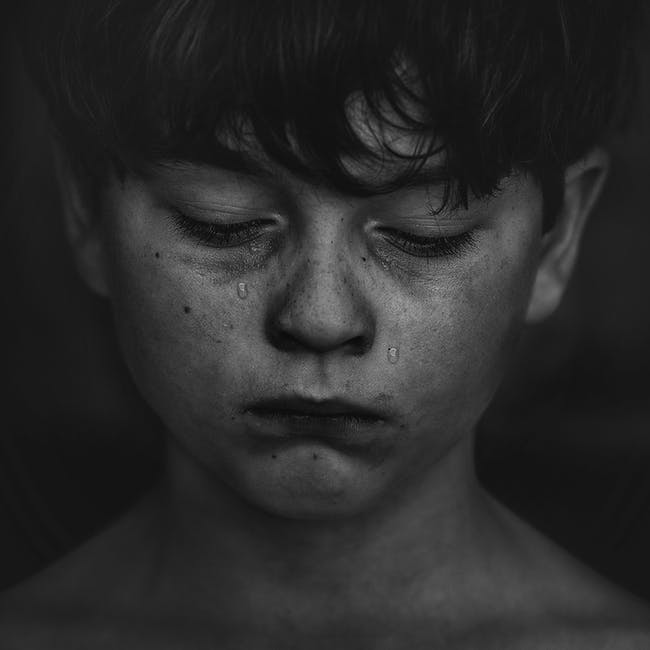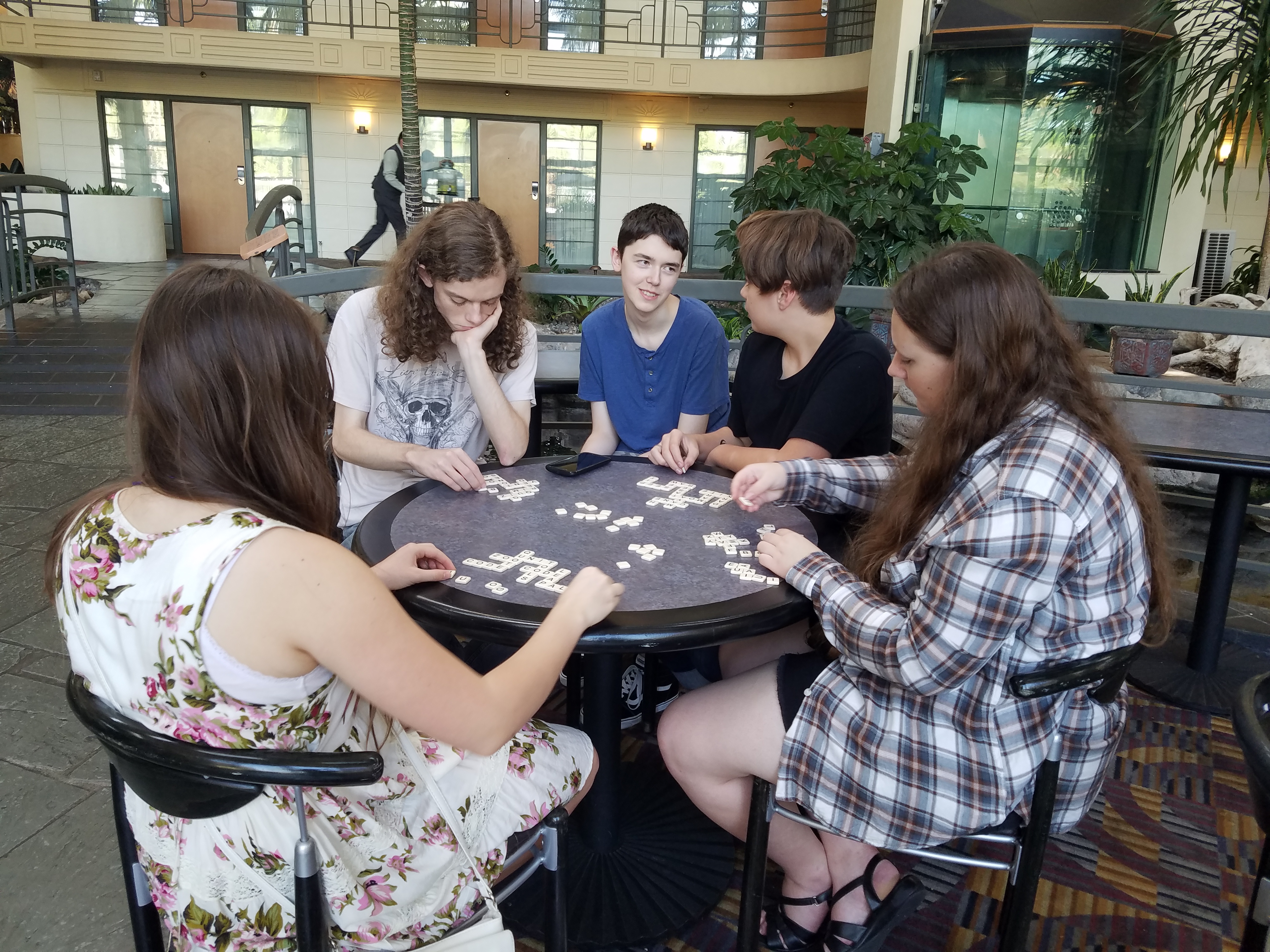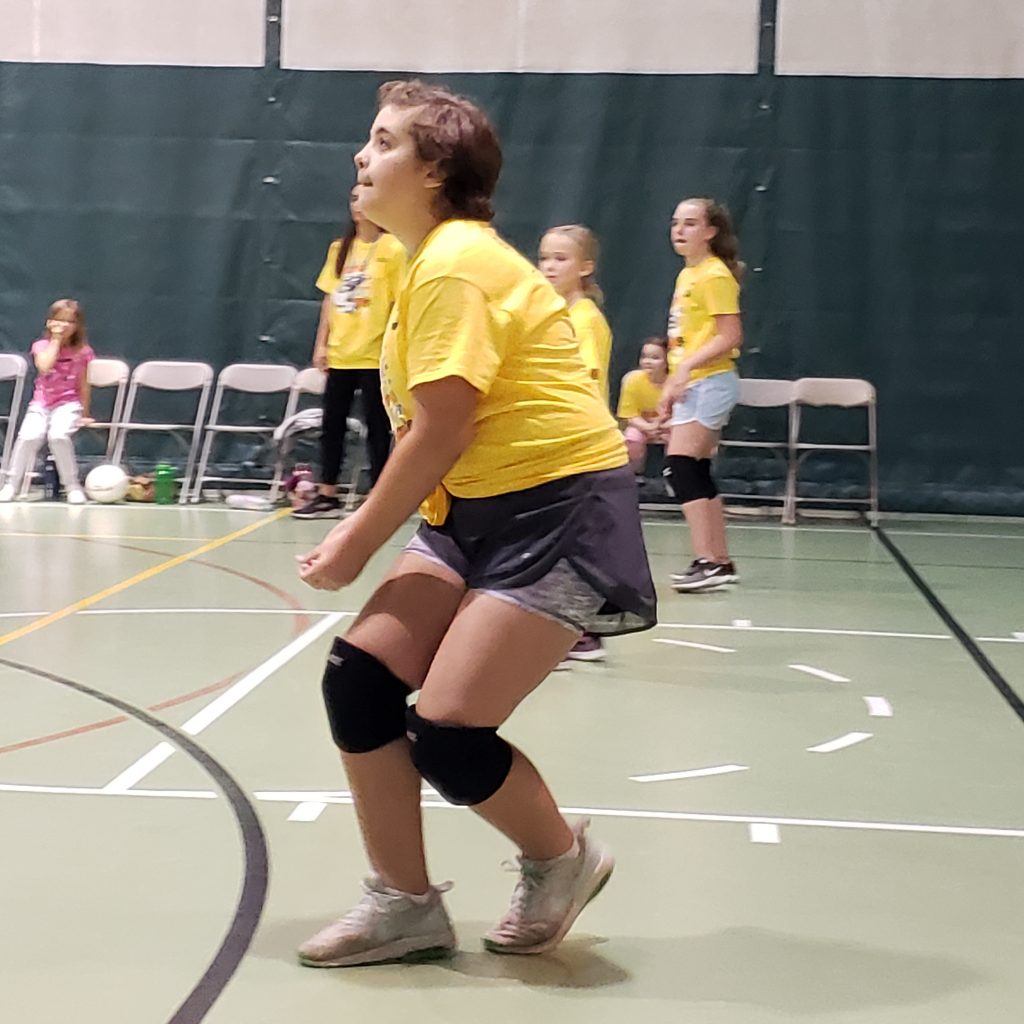
This week was the 11 year old’s last volleyball game of the season. She’d never played before, so it was really cool to watch her growth and improvement over the past eight weeks (including scoring several points in her final game!)
I really enjoy watching the kids play sports. Between the four of them, they’ve at various times done football, baseball, gymnastics, volleyball, karate… the list goes on. It’s fun to watch them enjoy themselves out there (I remember when our now 14 year old was about 6, he was easy to spot as the little-league player who couldn’t wipe the smile off his face the entire game), it’s fun to watch their pride in their burgeoning skills, and it’s fun to watch them improve.
What’s not fun? That one parent.
Or three parents or five parents. You know the ones I’m talking about. The ones that yell at their kids from the sidelines. The ones that critique. The ones that never say, “Good try”, but instead holler, “You should’ve had that!”
They break their kids, and they break my heart.
One of the saddest things I ever witnessed was after a little league game – and keep in mind, these are YOUNG kids – when a father reached his hand out to his son. The son thought he was about to give him a high five, so with a smile on his face he went in with the swing…. and his dad pointed in his face and let out of torrent of what he’d done wrong. I’ll never forget the look on that kids’ face.
There’s one girl on Tegan’s volleyball game who I’ve always sort of watched closely. She’s incredibly talented and good at the sport, but she looks pretty perpetually unhappy. I finally decided that maybe she was just one of those people who had an unhappy resting face, until my husband pointed something out to me during the last game.
“Look at how she looks at her father after every single play.”
I watched, and indeed, every single time she hit the ball or missed the ball or was anywhere near the ball, she looked over at her father. He shouted critiques, gave instruction, or, in the case of her missing a play, just shook his head in disappointment.
These are 10 to 12 year olds. In a recreational, instructional league. They’re there to learn to play the game, learn to work together, and have fun. That’s about it. They’re not training for the Olympics. And, honestly, even if they were training for the Olympics, that’s why they have coaches!
The negative, sideline coaching hurts my heart. The look on that girl’s face every time she sought her father’s approval hurts my heart. The fact that these parents are missing this fleeting – it is so, so fleeting! – time in their child’s life hurts my heart. What is supposed to be a fun learning experience turns into something else entirely. It turns into a lesson of “Mom/Dad doesn’t support me.” “I’m not good enough.” “I’ll never earn their approval.” Not to mention the fact that no kid is going to enjoy a sport – or anything – if they’re being criticized while they do it.
Those scars are lifelong, and they run deep.
If your kid plays a sport, he has a coach. With any luck that coach is supportive and fair and equally instructive and encouraging. But they’re the coach. They’re the ones who give instruction. They’re the ones to listen to on the sidelines. They’re the ones to give gentle corrections when they’re needed.
Parents? Your job is to cheer. That’s it. To clap for your kid, and the other kids. To model what good sportsmanship looks like. To encourage. To support. To sink into the joy of watching your kid do something they (hopefully) enjoy. To appreciate this short time in their life when the most exciting day of their week is showing off their new skills on the volleyball court. To celebrate with them when they get the perfect serve. To lift them up when they miss a bump. To generally serve as a cheerleader … a bright, smiling presence, so when your kid does look at you over in the stands, they feel nothing but supported, and see nothing but a thumbs up.
Kids look up to us as their parents. They look to us for approval, they look to us for support, they look to us as an example. While I’d like to believe that the critical parent means well, and just wants their child to get better at the game, they are doing so at the expense of their relationship, and at the expense of their child’s self esteem.
Words hurt. Think about what your words are really doing.
And please. PLEASE. If you raise your hand to your child after a game? Let it be that high five for a job well done.




